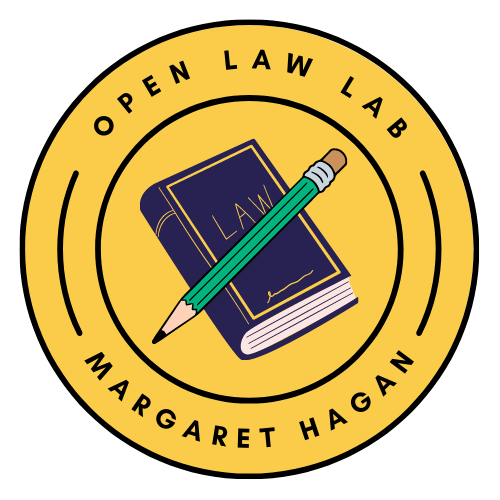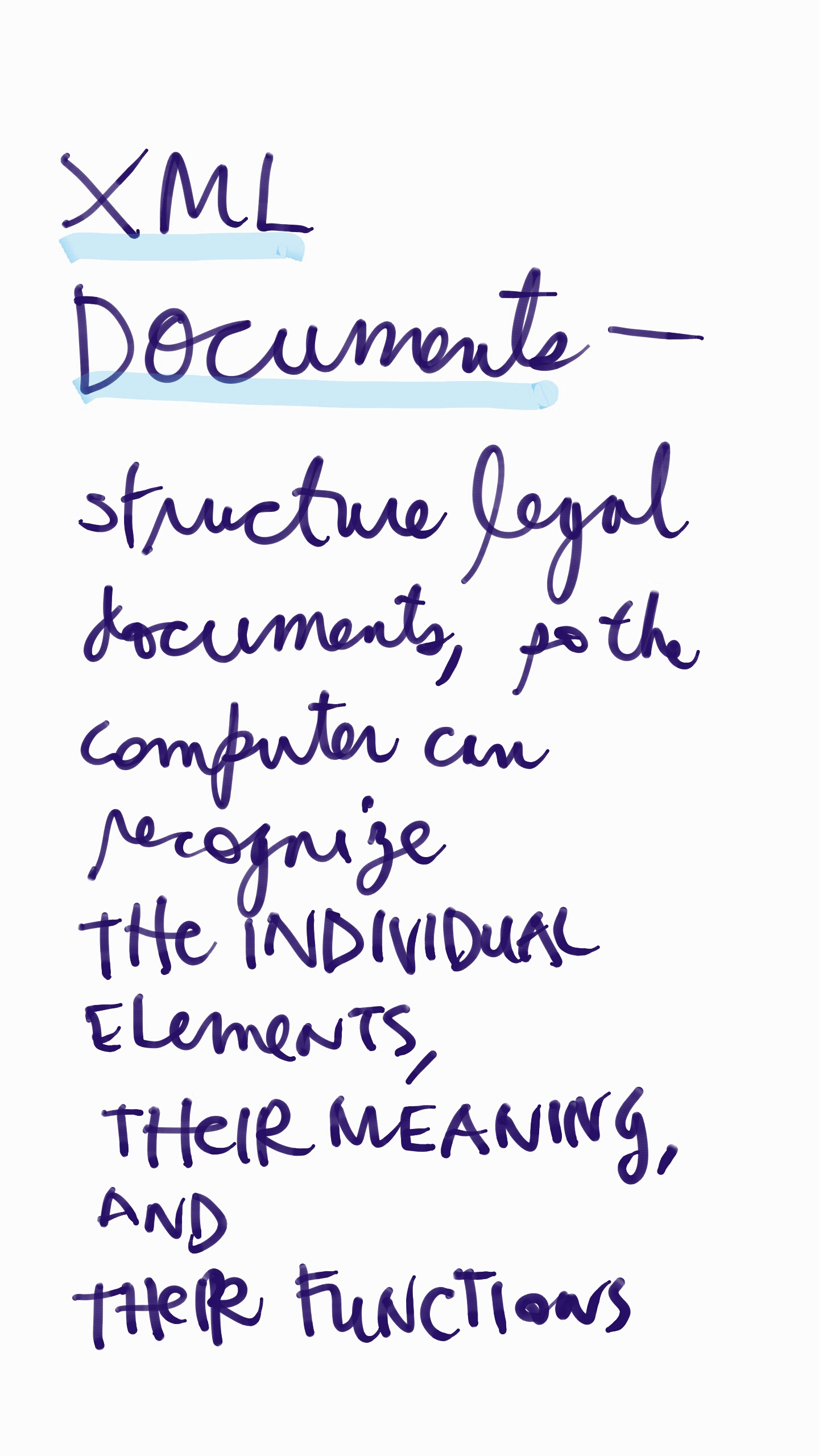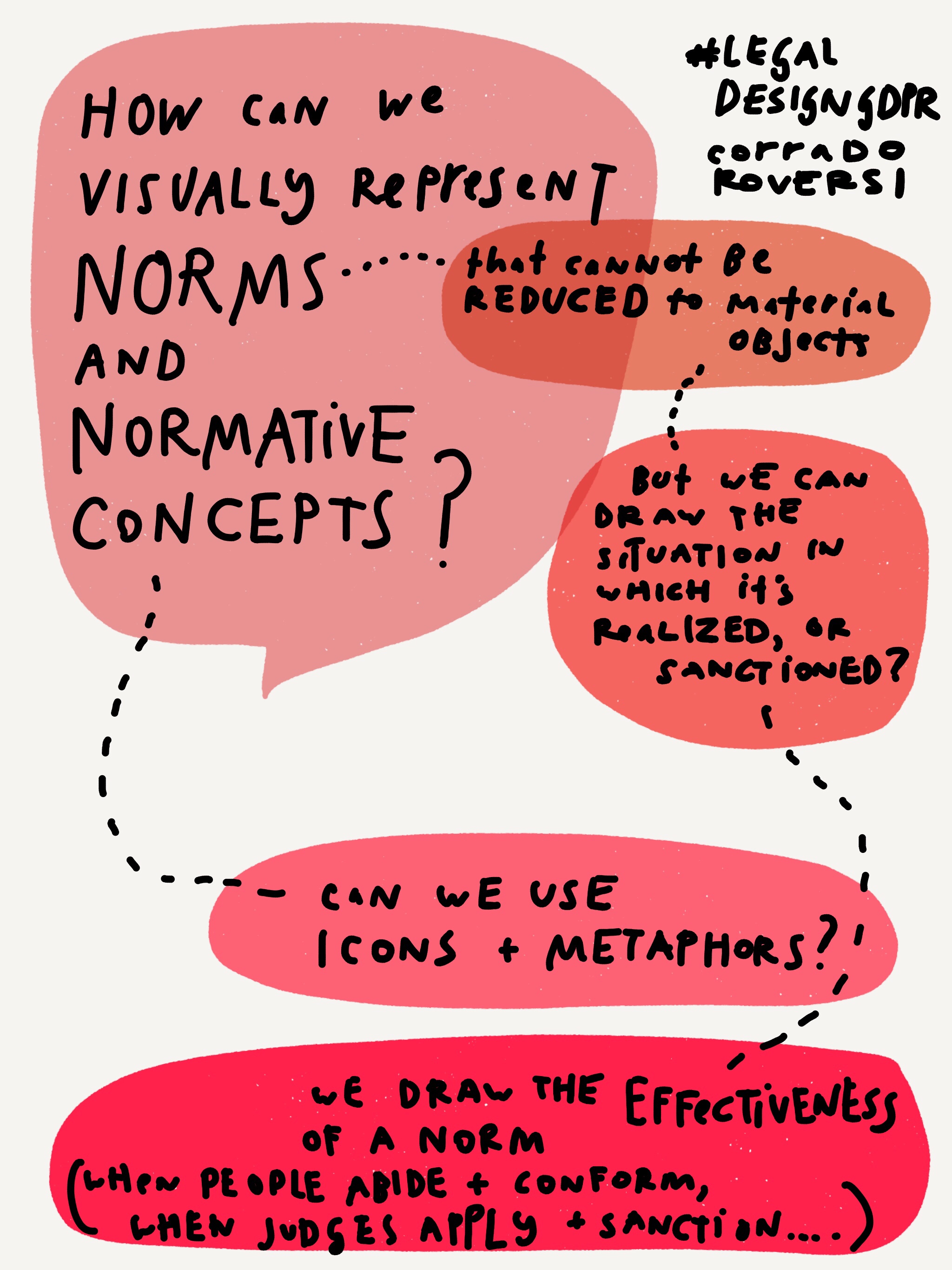I was lucky enough to go to Milan, Italy last month and participate in a judicial training there, where the topic was the potential of bringing technology into the legal system.
One of the biggest initiatives being discussed was making legal documents and cases more machine-readable, interoperable, and ‘usable’ to court professionals and systems.
Here are my notes and sketches, documenting the discussions among Italian and US legal leaders.
Monica Palmirani of the University of Bologna gave an excellent talk on more machine-readable initiatives in the EU and Italy.
My notes of her talk:
The future is the semantic web and knowledge web — across borders. The UK is the most advanced country on this front worldwide. The first Open Justice Portal was started in the UK — with a display of open data with judiciary data. This is very challenging, because there are judicial, privacy, and data quality problems.
If we can have sentences in XML— a standard that was originated for the UN — we take it to courts. Aroma Ntoso 3.0 helps us preserve the data standardly, for us to free substance from its form. We can save ‘form’ substance in an interoperable way.



We need standardized processes, standardized languages. This will help us progress beyond just ‘scanning pdfs’. We need to store our data in xml with rich meta data. This will help us interoperate across borders.
The EU has defined standards for what tools courts should be providing, both for courts and for court users. It scores the countries on what they are providing — to give us an evaluation of where we are now, and where we should be going. In Italy, we are known as excellent in some parts (like digitization of documents) but the charter shows that we have come to a standstill and we need to come to a new effort in our tech progress in Italy.
There are two pilots, CIP-PSP: evens and eCodex. The eCodex project is trying to enhance cross-border exchange of documents among courts. We are adopting procedural codes, for small-size payments, arrest warrants, court domentus. All the member states will be on an eJustice portal, that is secure and interoperable, and can be a hub of information.
The UK is taking it on its own. They have a ‘make a money claim online’ tool, to allow people to submit a claim for money on their own, without a lawyer. The UK isn’t participating in the EU projects.
Databanks are another pillar of this project. The data is needed to create a collective base of knowledge in the legal system. The Internet is becoming a collective body of knowledge. We can provide and rely on decisions through web channels. The EU has decided to identify a single, transnational code for all rulings — to allow for easier citation among countries. This should incentivize dialogue among courts, called ECLI.







1 Comment
YES! Standardize PROCESS! Standardize LANGUAGE. NO more legalese …”interoperate across borders.” In Canada, as I have personally and horrendously experienced, our laws differ from Province to Province! A Default Rule in one Province is the ‘OR’ Rule in an other! Enough already! This is the 21st Century for crying out loud! We’re ONLINE now; ONE Jurisdiction should fit all! In certain areas of law, like CONTRACT law, a Software Program should be able to decipher who’s responsible (and guilty) for ‘non-compliance’ based on what the Contract states. It is what it is, with signatures attached!.No ‘ARGUMENT’ needed here…NO subjectivity allowed!